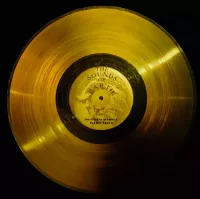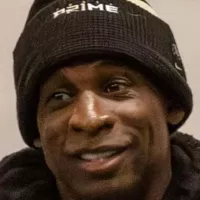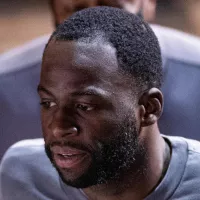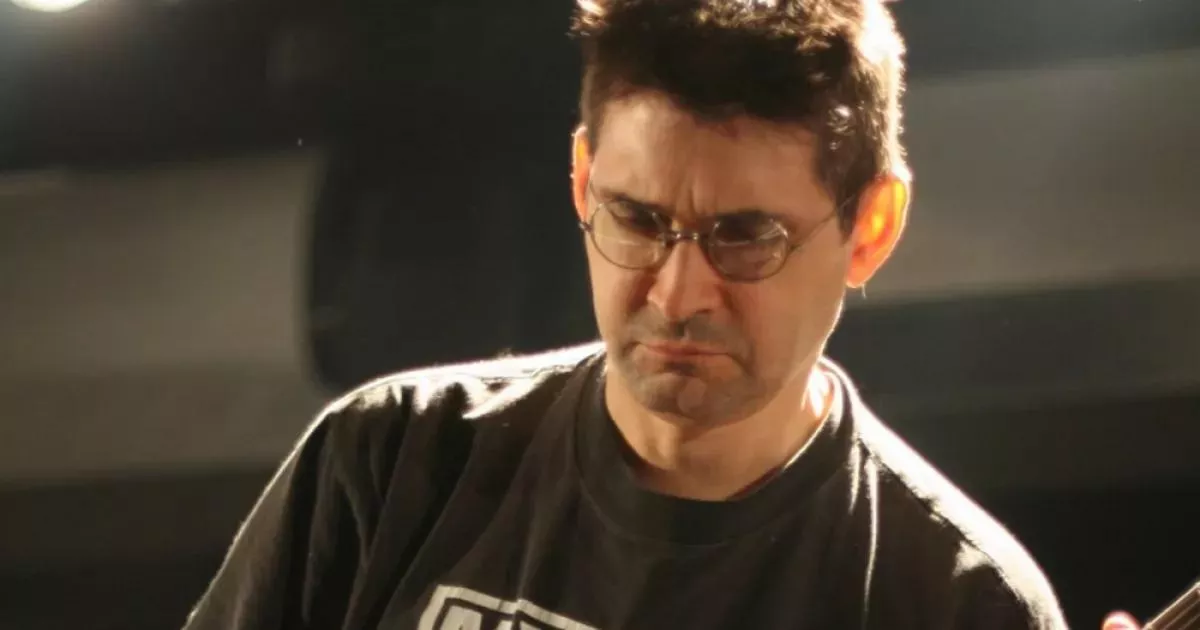Steve Albini was a prominent figure in the American music scene, known for his work as a musician, audio engineer, and record producer. He fronted several influential bands, including Big Black, Rapeman, and Shellac, which were known for their abrasive and experimental sound. Albini also founded Electrical Audio, a renowned recording studio in Chicago where he engineered and produced albums for a diverse range of artists, including Nirvana, Pixies, and PJ Harvey. His distinct recording philosophy, characterized by a raw and unpolished aesthetic, left a significant mark on alternative and independent music.
1988: Influence of Surfer Rosa on Cobain
Cobain cited the Pixies' album Surfer Rosa as one of his favorites and a reason for choosing Albini as the producer for In Utero.
1988: Albini's Breakthrough with Surfer Rosa
Steve Albini gained recognition as a producer after recording the Pixies' album Surfer Rosa, known for its raw and live sound, particularly the drums and guitars.
1990: Influence of Pod on Cobain
Cobain cited the Breeders' album Pod as one of his favorites and a reason for choosing Albini as the producer for In Utero.
1993: Albini's Recording Philosophy and Criticism of Compression
Albini preferred recording bands live, minimizing overdubbing for a natural sound. He aimed to capture performances authentically, using minimal effects and compression to preserve dynamics. In his essay "The Problem with Music," he criticized compression for creating an artificial sound and argued against excessive vocal emphasis in mixes.
1993: Nirvana's In Utero and Albini's Perspective
Nirvana hired Albini for their album In Utero. Despite his initial reservations about the band, Albini agreed due to his empathy for their situation with their record label. Cobain chose Albini for his ability to capture the natural ambience of a room using multiple microphones.
1995: Albini's Acquisition of Electrical Audio
Steve Albini purchased Electrical Audio, a recording studio, and relocated there to improve privacy. His previous studio had been in his home, gradually expanding to occupy most of the rooms except the bedroom. Before that, he had a studio in the basement of another residence, which posed logistical challenges for musicians during recording sessions.
2001: Recognition of Albini's Affordable Studio Rates
Albini's studio rates were noted as being exceptionally reasonable for a recording facility of its caliber.
2004: Albini's Extensive Recording Work
Albini estimated he had engineered 1,500 records, primarily for underground musicians.
2004: Albini's Unique Approach to Fees and Studio Management
Unlike many producers, Albini didn't receive royalties for his work at Electrical Audio, charging a daily engineering fee of $750 and earning a modest salary. His rates were considered highly affordable for a world-class studio. Initially, he allowed trusted friends and musicians to use the studio for free if they engineered their sessions and provided their own tape. Albini maintained a hands-on approach, answering phones and interacting directly with bands.
2005: Albini's Unconventional Approach to Royalties and Fees
Albini refused royalties, considering them an insult to artists, and charged a daily fee of $450, significantly lower than other prominent producers. He occasionally worked for free, preferring to finish projects even if bands faced financial constraints.
2005: Albini's Advocacy for Analog Recording
Steve Albini expressed his strong preference for analog recording, believing digital formats could become obsolete. He found computer-based recording unreliable and overly complex, emphasizing the simplicity and directness of analog methods. He remained skeptical of digital manipulation, prioritizing the authentic sound of the band.
2013: Recognition of Albini's Recording Skills and Approach
Albini was recognized for capturing the raw sound of bands, making them sound "realer." His recording style was described as open, dry, claustrophobic, and brutally honest. Steve Von Till of Neurosis praised Albini's traditional approach, high-fidelity capture of natural performances, and avoidance of post-recording fixes.
2014: Increase in Albini's Daily Fee
Albini increased his daily fee to $700, still relatively low compared to other high-profile producers.
2018: Continued Growth in Albini's Recording Portfolio
Albini's estimated number of engineered records increased to several thousand, encompassing a wide range of artists, including Nirvana, the Breeders, Godspeed You! Black Emperor, and many more.
2018: Steve Albini Wins First World Series of Poker Bracelet
Steve Albini secured his first World Series of Poker bracelet by winning the $1,500 Stud event. This victory earned him $105,629.
2022: Albini Wins Second World Series of Poker Bracelet and Discusses His Approach to Poker
Steve Albini won his second World Series of Poker bracelet in the $1,500 H.O.R.S.E. event, earning $196,089. In an interview with PokerNews, he discussed his perspective on poker, highlighting its significance as a part of his life and livelihood, while emphasizing that it is not his sole profession.
2023: Jeremy Gordon's Contribution
Jeremy Gordon, a writer for The Guardian, provided information about Steve Albini.
Mentioned in this timeline
The Guardian is a British daily newspaper founded in as...

Music is a cultural universal involving the arrangement of sound...

The World Series is Major League Baseball's championship series held...
Trending

6 months ago Deion Sanders excited to rejoin Colorado, praises Joey McGuire, addresses health concerns.

4 months ago Analyst Predicts Jaylen Brown Could Be in the MVP Conversation in 2025-2026 NBA Season

Dylan Mulvaney is a transgender social media personality who rose to prominence documenting her gender transition on TikTok Prior to...

2 months ago Stephen Curry's Emotional Bond and Support for Draymond Green Amidst Challenges.

9 months ago Payton Pritchard's plan for Celtics bounce-back against Magic, Horford talk, big plays.

2 months ago NFL Week 12 Predictions: Colts vs. Chiefs, Cowboys, and potential season-shaping games.
Popular

Thomas Douglas Homan is an American law enforcement officer who...

Martin Luther King Jr was a pivotal leader in the...

XXXTentacion born Jahseh Dwayne Ricardo Onfroy was a controversial yet...
Matt and Ross Duffer known as the Duffer Brothers are...

William Franklin Graham III commonly known as Franklin Graham is...

Instagram is a photo and video-sharing social networking service owned...
